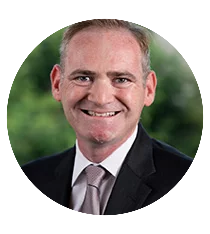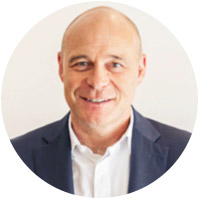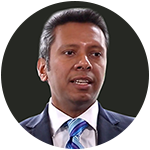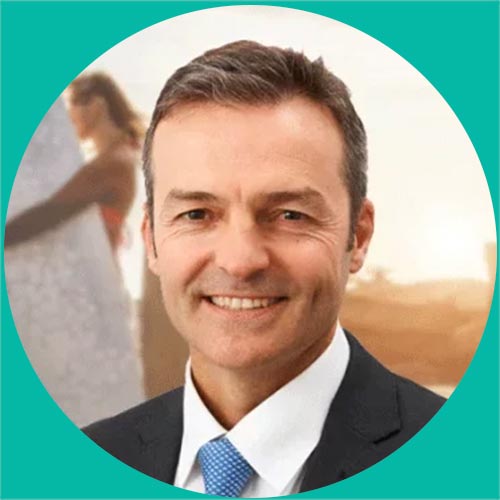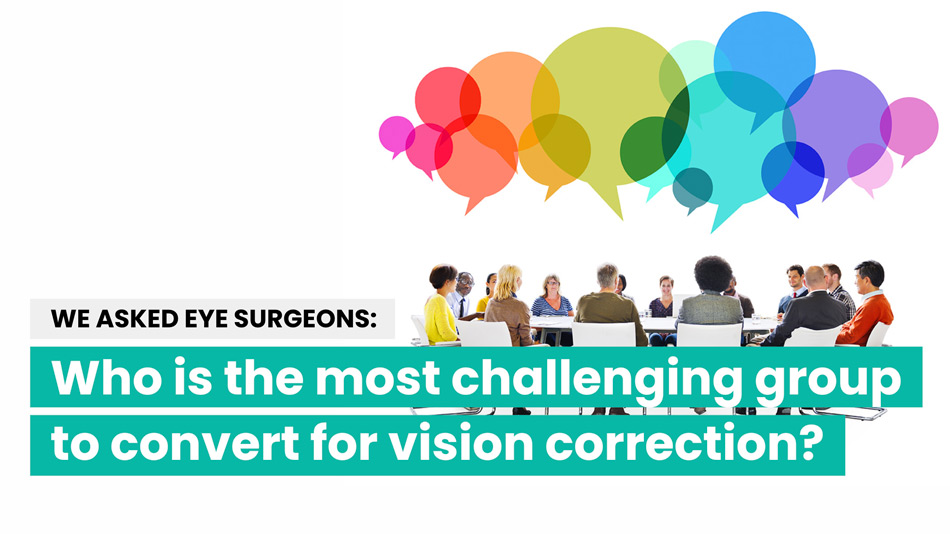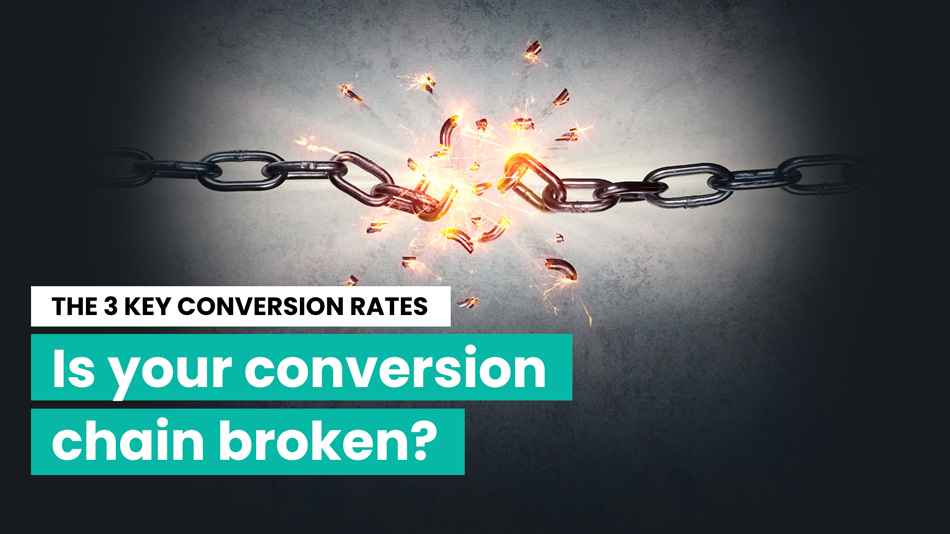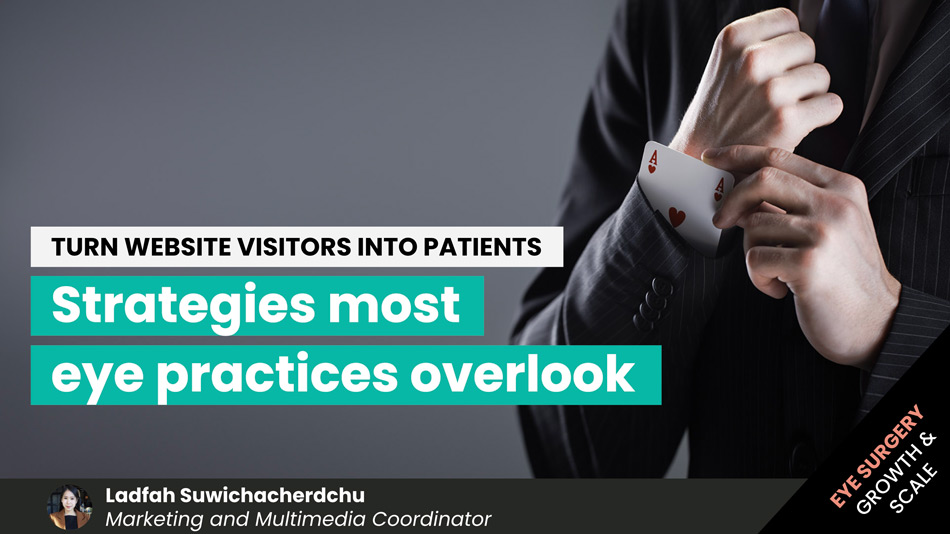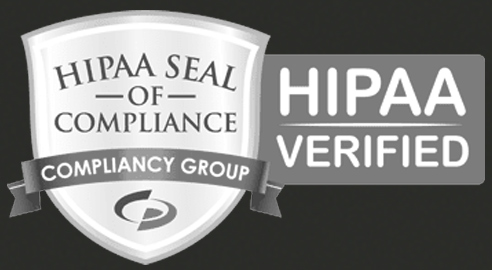Questions to ask to prepare for objection handling
In my last post, I wrote the most important things one needs to know to handle objections are the prospect’s wants and needs. So how do you get at these wants and needs?
The good news is the same questions you need to ask during a thorough needs analysis are the questions you need to ask to prepare for objections.
The first thing to do is ask the prospect to tell you about the gap. What is the problem they’re perceiving? What brought them to see or call you? What would they like to fix? What would they like to make better?
After you’ve asked about the gap that the prospect is trying to fill through your product or service (and they won’t buy a thing if they don’t perceive a gap), then you must aiming to find the trigger for the want, or “the straw that broke the camel’s back”.
This is the specific event that motivates the prospect to cross the “do-something” line. If you get a superficial answer, probe further for a descriptive past motivating incident. Is there anything that’s recently happened to prompt them to close this gap now? Why now? What’s changed recently to prompt action? Was it a succession of daily hassles? Was it a particular event in time? Can they describe it? What did it feel like? What did they resolve to do?
After that, you need to understand exactly what success means to them. You want them to paint a picture of what future success looks and feels like. What do they want to experience as a result of fixing the gap? What to they want to have, be or do after you’ve solved the problem for them? How would they feel if the problem was fixed? What new opportunities would open? What problems would go away? Record their words – do not assume.
Then, aim to find the date for when the solution needs to be in place. Specific events and dates work best. You may discover their decision is time sensitive and you can refer to this later in the conversation. Is there a particular event in the future that they’re looking forward to experience without the problem? Is there something they’d like to do that would be considerably better if they could leave the problem behind? When is it going to happen? Can they describe it in detail?
Once you have the emotional aspects clear, you can then aim to understand the priority words that got you into their evoked set of competitors to solve the problem. These are “need-to-have” things, they are non-negotiable priorities that they must have in a solution provider. What is the most important thing they are looking for in a provider to solve this particular problem? If they had a list of must-haves in the solution, what would they be? What are the non-negotiable items they must have checked off before they will be happy with a choice.
Once you’ve understood the must-haves, what are the nice to haves? What would be icing on the cake? What are the things that would make the deal that much sweeter? That much more attractive? These are the nice-to haves – a great bonus should they be present in the solution, but something that can be compromised on the absolute necessities.
With this information in hand, a very clear understanding of your product/service, concise answers to common questions, and clear and concise FAB (feature, advantage and benefit) statements that relate to your unique selling proposition (USP), you have everything you need to overcome nearly every objection.
I say nearly, because there are some objections that you cannot overcome. This is an important point, because many people fixate on the destination (overcoming the objection) at the cost of the journey (the process involved in overcoming objections). This is not an issue of knowledge, or practice, but rather, it’s an issue of fear.
Many people panic at the mere scent of an objection – and revert to type by forgetting all about the prospect’s wants and needs, and head straight down the path that is most comfortable – FAB statements and USPs.
In my next post, we’ll get a bit deeper in the anxieties aroused in salespeople when they hear objections, and discuss a few ways to mitigate those anxieties so that we can focus on what we do, instead of what might be.
(NOTE: Want to see how your practice marketing measures up against the best in class? Take this 5-minute quiz to see how you stack up in the 9 areas of practice marketing and get specific tips and advice on how you can improve your weak points and better leverage your strengths).
About the author
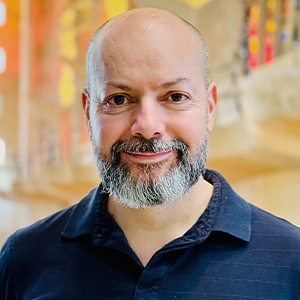
Rod Solar
Founder & Scalable Business Advisor / fCMO
Rod Solar is a co-founder of LiveseySolar and a Scalable Business Advisor for its customers. Rod mentors and coaches eye surgery business CEOs/Founders and their leadership teams to triple their sales, double their profit, and achieve their “ideal exit”.
Related Posts
Meet our Co-Founders
We’re passionate about helping leaders of high-quality, growth-minded practice owners double their practice revenue

Rod Solar
Founder & Scalable Business Advisor
For over 20 years, I’ve helped ophthalmology entrepreneurs scale their private practices. I specialise in doubling revenue within three years by offering a proven framework, hands-on experience, and a team of experts who implement what works. We take the guesswork out of growth and scale, so you can focus on delivering exceptional patient care while maximising the value of your business.
LiveseySolar completely transformed the way we were approaching this… We’ve gone from having just the dream of having a practice to having a practice up and running with people making inquiries and booking for procedures… It’s extremely pleasing. We feel lucky we connected with LiveseySolar.
— Dr Matthew Russell, MBChB, FRANZCO, specialist ophthalmic surgeon and founder of VSON and OKKO
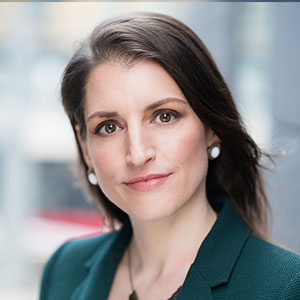
Laura Livesey
Founder & CEO
I’m the co-founder & CEO of LiveseySolar. I’ve developed powerful eye surgery marketing systems that increase patient volumes and profits for doctors, clinics, and hospitals, since 1997.
Rod and Laura know as much about marketing surgery to patients as I know about performing it. They are an expert in the field of laser eye surgery marketing. They know this industry inside out. I believe that they could help many companies in a variety of areas including marketing materials, sales training and marketing support for doctors.
— Prof. Dan Reinstein, MD MA FRSC DABO, founder of the London Vision Clinic, UK


